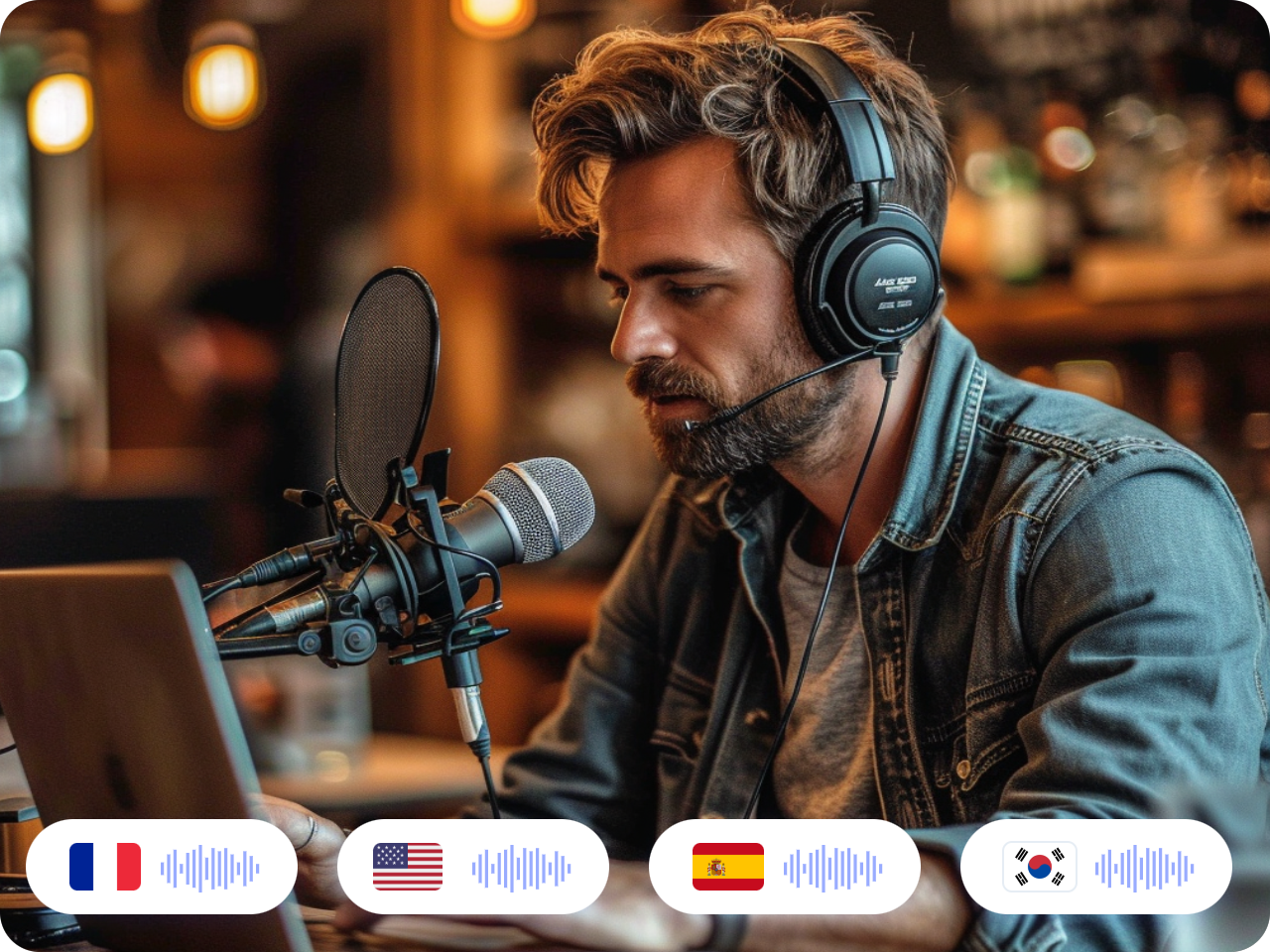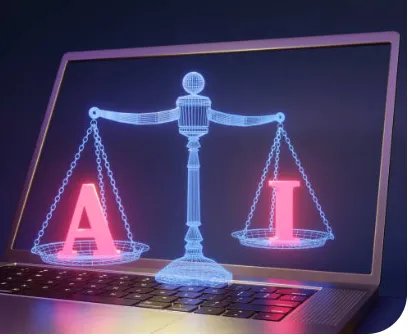
In recent years, the development of artificial intelligence (AI) has revolutionized various industries. One notable advancement is the emergence of ai generated text to audio technology, which has gained significant attention in both academic and practical fields.
Advancements in AI Generated Text to Audio Technology
The advent of AI generated text to audio technology has opened up new possibilities for content creation and consumption. This innovative technology utilizes natural language processing algorithms and deep learning models to convert written text into high-quality audio recordings.
By leveraging this technology, individuals can now listen to articles, books, or any other written content on-the-go without having to read them physically. Moreover, it provides accessibility options for people with visual impairments or reading difficulties.
The Impact of VidAU: A Game-Changer in Education
VidAU is a prominent example that showcases the potential impact of AI generated text-to-audio technology in education. With VidAU‘s advanced capabilities, educational institutions can transform their textual resources into engaging audio materials effortlessly.
This not only enhances students’ learning experiences but also caters to different learning styles by providing an alternative mode of information delivery. Furthermore, it enables educators to create personalized lessons tailored specifically for individual students’ needs.
The Evolution of AI Generate Videos
In addition to generating audio from text-based content, AI technologies have also made remarkable progress in generating videos automatically based on textual inputs. These systems employ computer vision techniques along with natural language processing algorithms to generate visually appealing videos that align with the given script or description.
This breakthrough opens up opportunities across various domains such as marketing, entertainment industry, and even journalism where video production plays a crucial role. It allows for faster and more cost-effective video creation, eliminating the need for extensive human involvement.
Conclusion

The rise of AI generated text to audio technology has brought about significant advancements in content accessibility, education, and video production. With its ability to convert written text into high-quality audio recordings, this technology offers convenience and inclusivity to individuals with different needs.
Furthermore, platforms like VidAU have revolutionized education by providing engaging audio materials that cater to diverse learning styles. Additionally, the evolution of ai generate videos holds immense potential in various industries where visual storytelling is essential.
As we continue to witness the rapid progress of AI technologies, it is crucial to explore their implications further and harness their capabilities responsibly for a better future.
